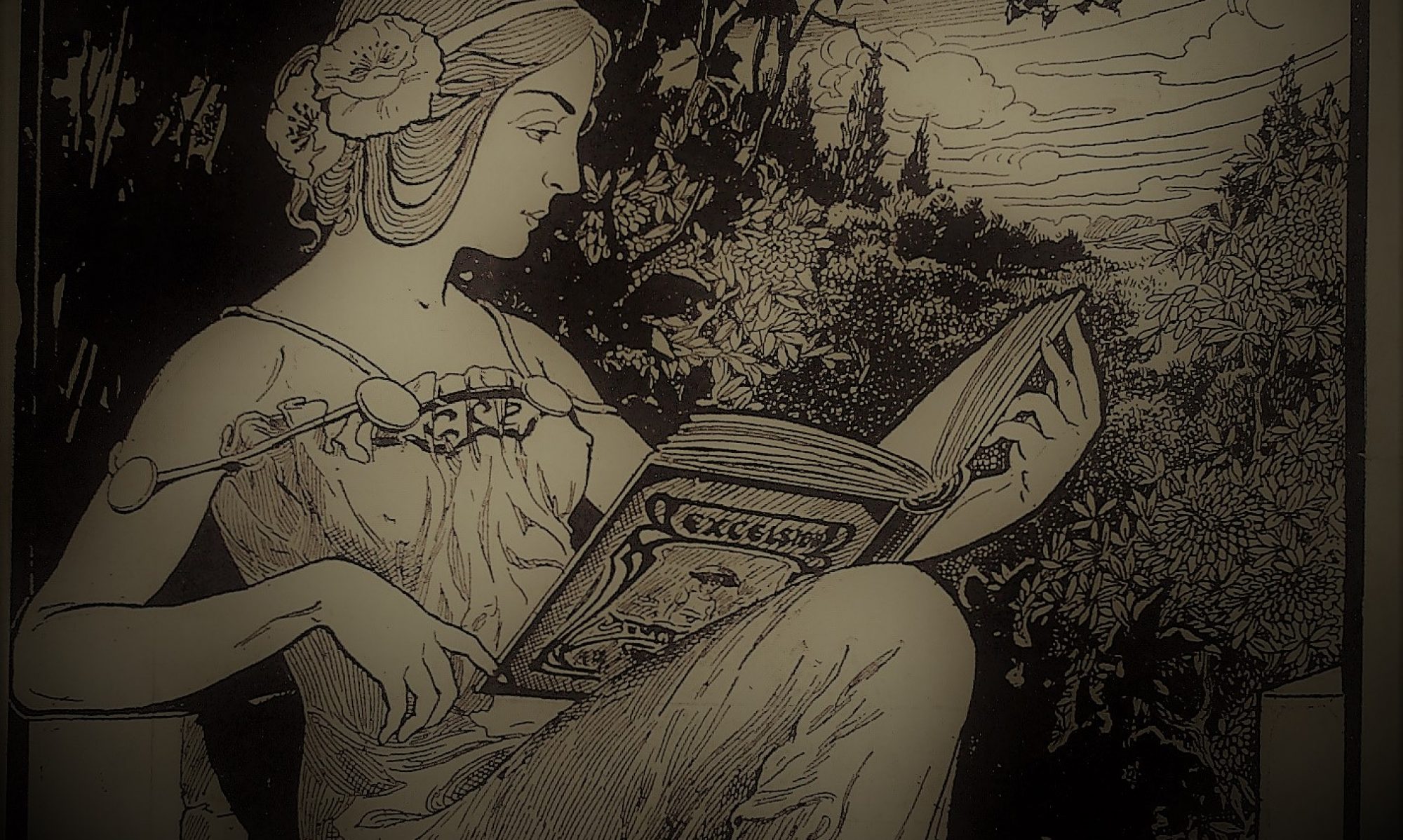DAGITAB
Palihan sa Digital na Humanidades | Digital Humanities Workshop
An intensive 5-day introductory course that provides an overview of Digital Humanities (DH) research and background for data management, construction, and analysis that will allow humanities scholars to explore a computational approach in their research. In this summer course, participants will acquire basic skills necessary for DH research.
The learning materials of this workshop are being published in https://hcommons.org/groups/dagitab/
What
An intensive 5-day introductory course that provides an overview of Digital Humanities (DH) research and background for data management, construction, and analysis.
Where
When
15-19 July 2019
Who
Faculty in the field of Humanities and Social Sciences from the different CUs of the University of the Philippines
Course description
This summer course is a 5-day intensive program that offers practical knowledge in digital corpus construction and consultation, text mining, topic modeling, and stylometry, visualizations with Gephi and Overviewdocs. The course likewise offers classroom applications and didactics of DH, as well as concrete possibilities of working with the repository created in Phase 1 of the project, which is comprised of rare Philippine newspapers and magazines from 1850 to 1945.
Course requirements
No advanced computer knowledge is required, although participants should have a laptop at their disposal (excluding netbooks and tablets), running recent versions of Windows, Mac OS X or a Linux distribution, with sufficient RAM (at least 1 GB).
Daily Schedule
08.30 – 10.00 Session 1
10.00 – 10.15 Coffee break
10.45 – 12.15 Session 2
12.15 – 13.15 Lunch
13.15 – 16.15 Session 3
16.15 – 16.30 Coffee break
16.30 – 18.00 Lecture/Consultations
MONDAY | 15 July 2019
On the first day, participants will learn how to configure their devices and how to access and prepare open-source data. They will likewise be oriented on the principles of DH research, acquainted with the state of digitization in the Philippines, and introduced to the repository project (the digitization of Philippine newspapers and magazines from 1850 to 1945).
TUESDAY | 16 July 2019
On the second day, participants will learn about image processing, text mining, and data visualization. The day concludes with an optional project consultation session for participants.
WEDNESDAY | 17 July 2019
The third day marks the 3-day series on approaches in textual analysis. In the first part, participants will experience data formats and markup. In the second part, participants will be acquainted command line programming and topic modelling. The final part is for participant project consultations.
THURSDAY | 18 July 2019
On day four, participants will learn how to use Stylometry in the morning and WordPress for Humanists and relational databases (e.g. Zotero, Heurist, Nodegoat) in the afternoon. Like day three, the final part is reserved for participant project consultations.
FRIDAY | 19 July 2019
On the last day, participants will learn how to carry out a narrative analysis using Python. This morning session ends the series on textual analysis. The course concludes with a discussion on the didactics of DH.
Organized by:
- Dr Anna Sibayan (DEL, University of the Philippines Diliman)
- Dr Bomen Guillermo (CIS, University of the Philippines Diliman)
- Mr Chito Angeles (Central Library, University of the Philippines Diliman)
- Dr Mike Kestemont (ACDC, Department of Literature, University of Antwerp, Belgium)
- Dr Rocio Ortuño Casanova (ACDC, Department of Literature, University of Antwerp, Belgium)
Funded by:
A TEAM project of academic cooperation between the University of the Philippines and the University of Antwerp (Belgium) funded by VLIRUOS
